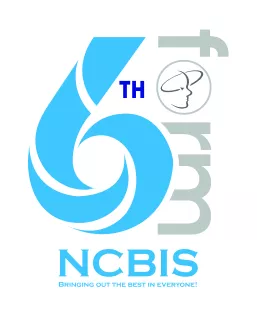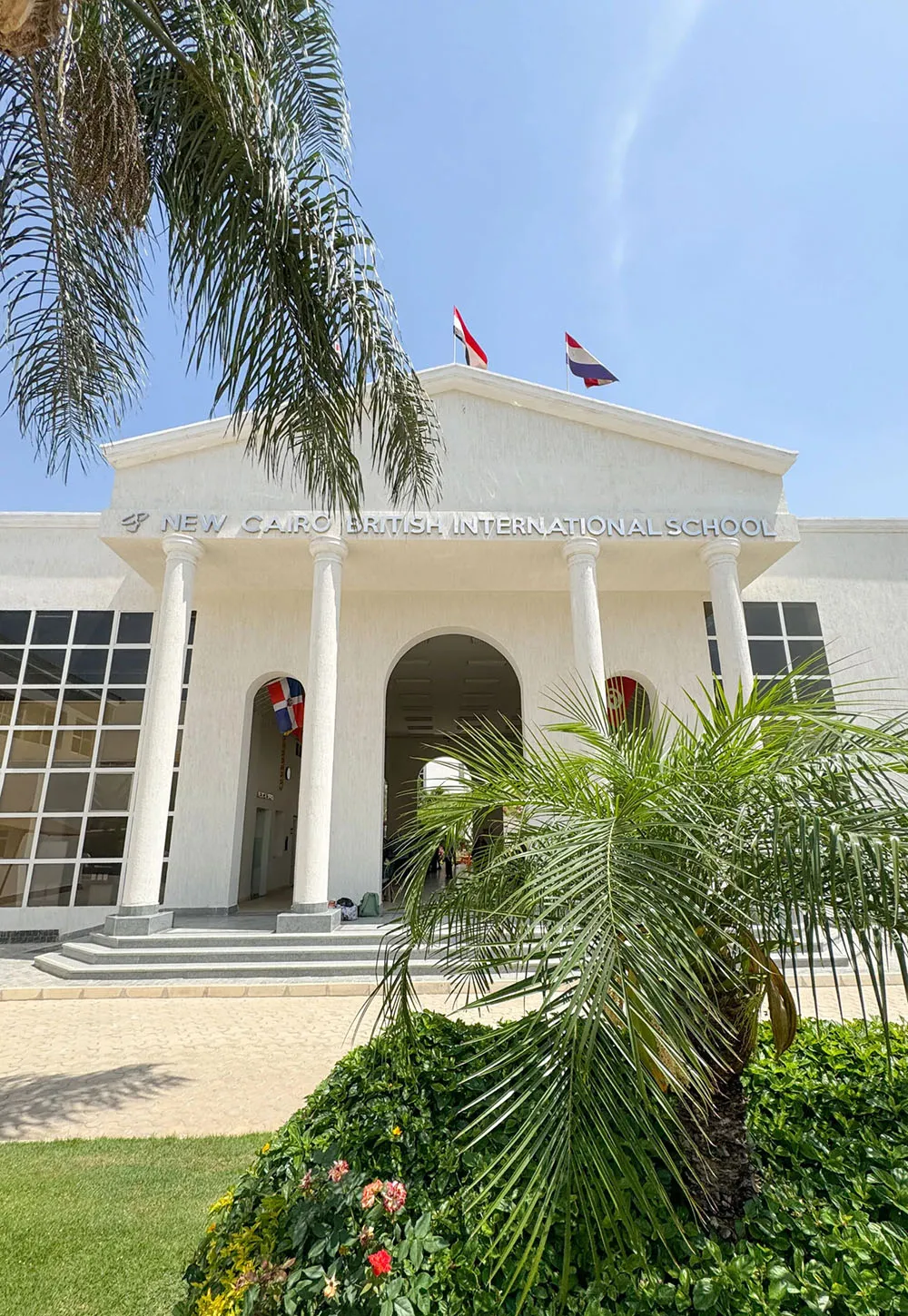
Students studying in our Sixth Form (Years 12 and 13) have the opportunity between tow academic pathways, UK A Levels or the IB Diploma. We believe this choice of pathway enables us to tailor our students’ education more effectively and we take great care to ensure students and parents understand the difference between the two qualifications.
A Levels facilitate intensive, specialist study of, usually, three subjects, whereas the IB offers a broad, balanced programme of study across six subjects; three at higher level, three at standard level, which must include a language and a science.
Regardless of pathway, all students follow the NCBIS Core:
- A Level students follow the Creativity, Activity, Service (CAS) programme and take the Extended Project Qualification (EPQ).
- IB students follow the Creativity, Activity, Service (CAS) programme, prepare an Extended Essay and take the Theory of Knowledge course.
In order to support students and parents as they make the decision about whether to follow the IB or A level programme, we have devised a series of “Pathways” talks. These begin with a single session in Year 9 lesson and then there are several sessions in Year 11 as the final decision gets closer. We also run an Options Evening, for both parents and students. We aim to ensure families feel well-informed of the intricacies of both pathways before students make their final decisions.
Download NCBIS Sixth Form Prospectus
A Levels
Most students in Year 12 opt to study three subjects at A Level and all students then continue with these three subjects to Year 13. Students with a strong academic profile can request to take a fourth subject self-study: to be considered for this, we would expect an (I)GCSE grade of an 8 or 9 in the subject and an excellent track record in terms of their behaviour for learning. Current NCBIS students make option choices in Year 11. Students who are new to NCBIS will, if possible, indicate option choices in Term 2 of Year 11.
The IB provides a distinctive educational experience. It allows students to study a wide range of subjects throughout their Sixth Form, while giving them the freedom to choose which subjects to study in greater depth.
The IB offers a broad, balanced programme of study across six subjects; three at higher level and three at standard level, which must include a language and a science. Students select the six subjects by choosing one from each of the following groups:
Group 1
Language & Literature
English Language and Literature, or self-study of their own native language
Group 2
Language Acquisition
Arabic, French or Spanish
Group 3
Individuals & Society
Business Management, Economics, Geography, History.
Group 4
Experimental Sciences
Biology, Sports Exercise and Health Science or Physics
Group 5
Mathematics
Analysis and Approaches, Mathematics: Applications and Interpretations
Group 6
Arts & Electives
Chemistry, Psychology or Visual Arts
Please note that if your son or daughter is planning on taking the IB Diploma as a pathway to a European university then it is important that your family is aware of specific country/university requirements regarding the diploma.


